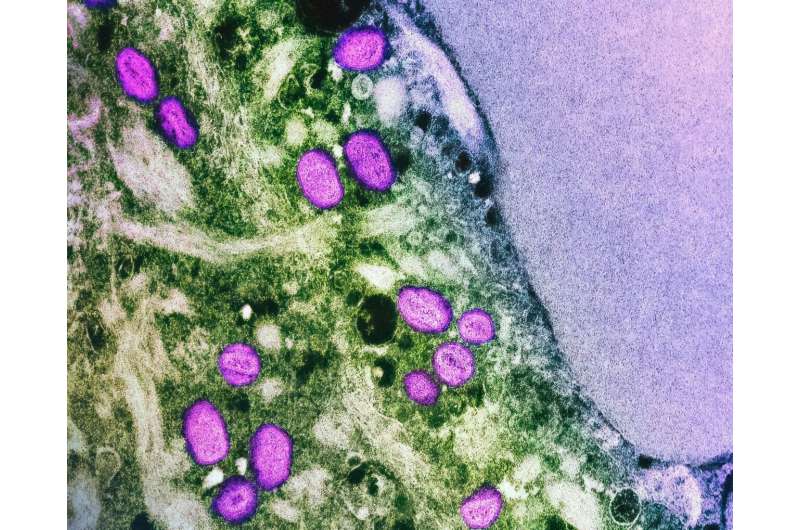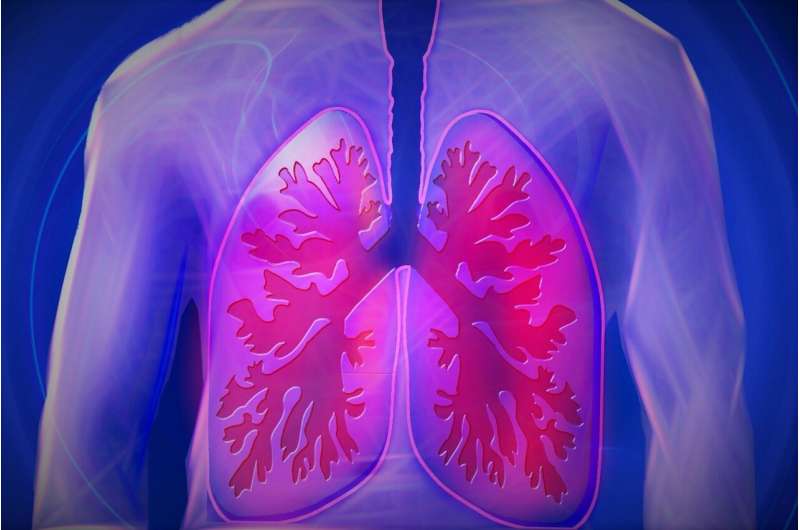Developing Nations Gain Access to Revolutionary HIV Prevention Medication

A groundbreaking partnership enables lower- and middle-income countries to access a long-acting HIV prevention drug, marking a historic advancement in global health equity and HIV prevention efforts.
In a significant step towards achieving global health equity, lower- and middle-income countries are set to access a groundbreaking HIV prevention drug through a new partnership between pharmaceutical giant Gilead and the Global Fund. This collaboration marks a historic milestone, as it ensures that the innovative medication, lenacapavir, marketed as Yeztugo, will be available in these countries simultaneously with high-income nations.
The deal aims to provide this powerful drug to curb HIV transmission among populations most at risk. Unlike traditional pre-exposure prophylaxis (PrEP) methods that require daily pills and have limited impact on reducing new infections, lenacapavir offers a long-acting alternative with only two injections per year. Clinical studies indicate that it can reduce HIV transmission risk by over 99.9% in both adults and adolescents—comparable to a vaccine in effectiveness.
The Global Fund emphasizes that this initiative could help reach two million people with the treatment, underlining its potential to transform HIV prevention strategies worldwide. The first shipments are expected to be delivered to at least one African country by the end of 2025, signaling a shift in how HIV prevention services are provided to high-burden communities.
Countries like South Africa, where young women and adolescent girls are disproportionately affected by HIV, see this development as a game changer. South African Health Minister Aaron Motsoaledi highlighted that long-acting options like lenacapavir could provide discreet, effective, and long-lasting protection, empowering at-risk populations.
This breakthrough not only represents a scientific advancement but also symbolizes hope for more equitable access to life-saving HIV prevention tools, potentially altering the course of the epidemic globally.
Stay Updated with Mia's Feed
Get the latest health & wellness insights delivered straight to your inbox.
Related Articles
Chromosomal Abnormality Scores Pave the Way for Personalized Cancer Immunotherapy
New research reveals tumor chromosomal abnormalities, especially aneuploidy, as key biomarkers for predicting and overcoming resistance to cancer immunotherapy, paving the way for personalized treatment strategies.
Understanding the Risks of Medications During Pregnancy and Autism Development
This article explores the complex relationship between medication use during pregnancy and autism risk, emphasizing the importance of evidence-based information for expecting parents.
Blood-based Biomarkers Offer New Hope for Personalized Immunotherapy in Limited-Stage Small Cell Lung Cancer
Recent studies suggest that monitoring circulating tumor DNA can help personalize immunotherapy in limited-stage small cell lung cancer, improving survival and treatment outcomes.



